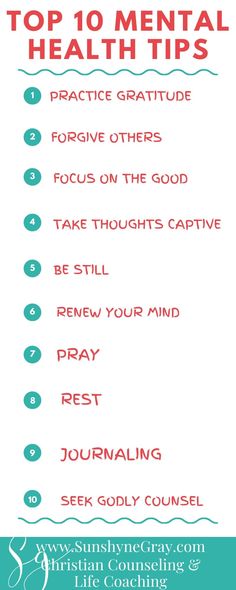MENTAL HEALTH CRISIS
MENTAL HEALTH CRISIS
A mental health crisis refers to a situation in which an individual is experiencing severe emotional distress, overwhelming thoughts, or behaviors that may pose a risk to their own safety or the safety of others. Mental health crises can vary widely in nature and severity, and they can be caused by various factors such as personal struggles, traumatic events, substance use, or underlying mental health conditions. Responding appropriately to a mental health crisis is crucial to ensure the well-being of the individual. Here are some steps to consider:
Stay Calm and Safe:
- If you are with the person in crisis, remain calm and create a safe and non-threatening environment. Ensure that there are no objects or situations that could be harmful.
Listen and Validate:
- If the person is willing to talk, actively listen without judgment. Validate their feelings and experiences, letting them know you are there to support them.
Encourage Professional Help:
- If the situation is severe or potentially dangerous, encourage the person to seek help from mental health professionals, crisis hotlines, or emergency services.
Offer to Stay with Them:
- If the person feels comfortable, offer to stay with them until they can connect with appropriate support.
Contact a Crisis Helpline:
- If the person is not in immediate danger but needs someone to talk to, provide them with the contact information for a crisis helpline or text line.
Avoid Confrontation:
- Avoid arguing, confronting, or dismissing the person's feelings. Instead, focus on showing empathy and understanding.
Do Not Leave Them Alone:
- If the person is at risk of harming themselves or others, do not leave them alone. If necessary, stay with them until professional help arrives.
Involve Trusted People:
- If appropriate, involve friends, family members, or other trusted individuals who can provide additional support.
Encourage Self-Care Strategies:
- If the person is open to it, suggest coping strategies such as deep breathing, grounding exercises, or engaging in activities they find comforting.
Avoid Sharing Personal Stories:
- While empathy is important, avoid sharing your own personal stories during a crisis as it may divert the focus away from the individual's needs.
Respect Their Wishes:
- If the person does not want help or is resistant, respect their wishes while keeping an eye on their safety. In some cases, reaching out to a mental health professional for guidance can be helpful.
Remember that while you can provide initial support, professional help is often necessary to address the underlying issues causing the crisis. If you believe the person is in immediate danger or unable to keep themselves safe, call emergency services or take them to the nearest emergency room.




.jpg)

.jpg)
Comments
Post a Comment